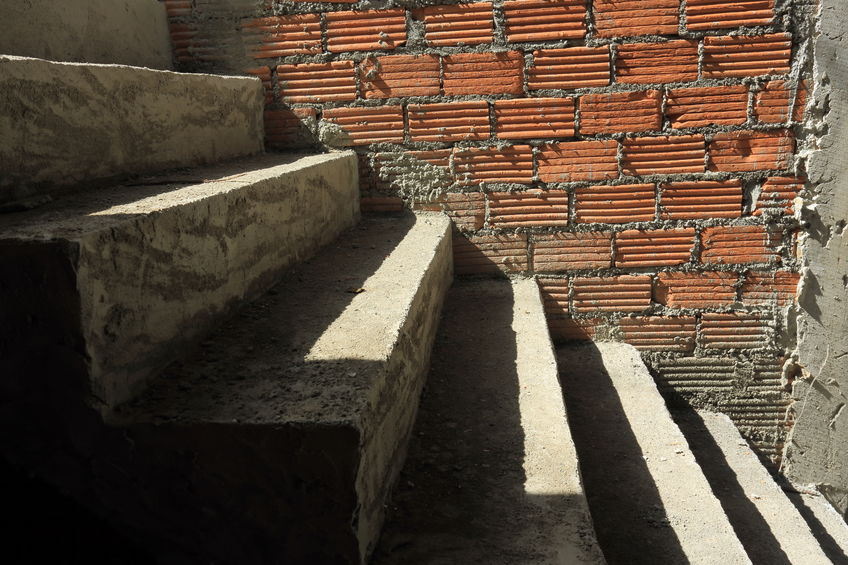
Of course, repairs or replacements will eventually become necessary, no matter how high the quality of the initial work. That’s just the nature of any physical construction. But what types of masonry repair are most common? As a homeowner whose property includes masonry, what kinds of problems can be expected over the long-term?
- Chimneys
Chimney’s are an important part of masonry because they serve a vital function for the home. Even if your fireplace isn’t strictly necessary to heat the home, the chimney has to be fully-functional if wood is going to be burned in the fireplace. Crumbling masonry is a very common issue with aging chimneys, and needs to be addressed quickly.
- Aesthetics and curb appeal
Crumbling or uneven brickwork is highly detrimental to the aesthetic of a home, both inside and out. When these problems are correctly addressed, homeowners are often amazed by the difference it makes – and how much more attractive their home becomes. This can be particularly important if you’re planning on refinancing or selling your home.
- Walkways and trip hazards
In many cases, damaged masonry or concrete present safety hazards around the property. Children and elderly people are particularly susceptible to trips and falls due to neglected masonry; but professional repairs can eliminate these hazards and beautify the property at the same time.
- Foundations
Cracked foundations are a serious problem that deserves a serious solution. There are plenty of stories about homeowners who neglected to repair a faulty foundation, only to have the problems compound later. If you haven’t had your foundation inspected in several years, consider having a professional come and take a look. At the very least, you’ll have greater peace of mind.
- Retaining Walls
Retaining walls serve both a functional and aesthetic purpose, both of which are compromised by damaged or faulty masonry. Fortunately, a good specialist can accomplish a great deal in just a few hours. If you don’t have a retaining wall, but consistently experience water-logging around your property, look into the benefits of a quality retaining wall. It can play a key role in keeping the landscape around your home in excellent shape.
Turn to the experts for quality masonry
Being an expert mason takes years of practice and training. The majority of bad masonry work is due to inexperience or carelessness – neither of which you should expect from an established and reputable company. Your property will probably require masonry repair at some point in the future – and in some cases, you might want to add new features that include masonry work. When that time comes, choose your contractor wisely. That way, you’ll be able to keep costs down enjoy the benefits of high-quality masonry for many years to come.
